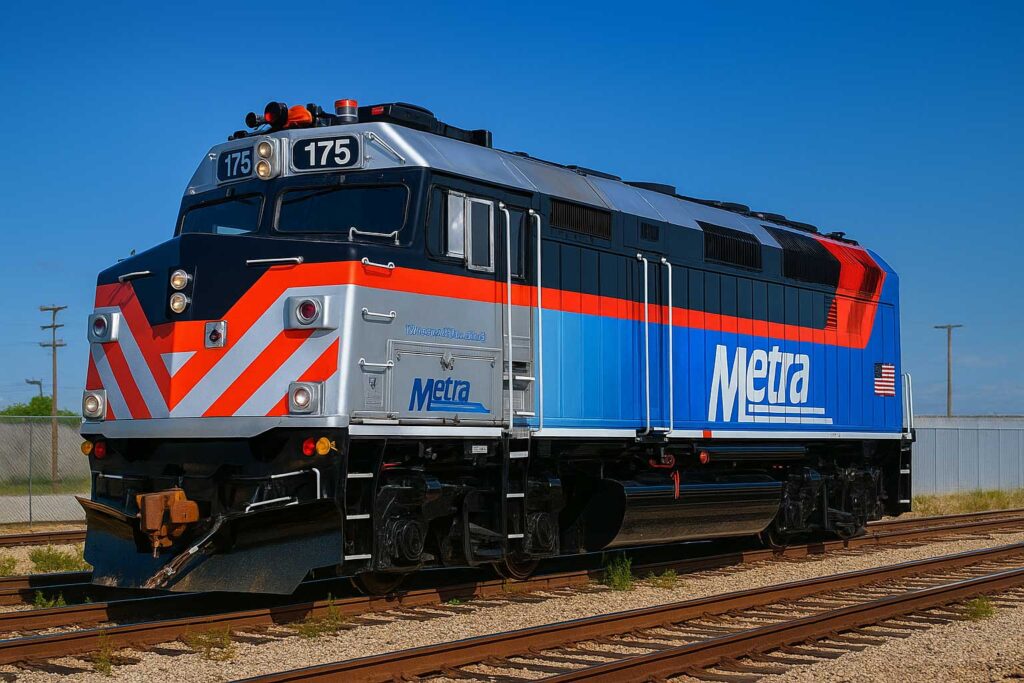The Roar of the Road: Are Train Horns Legal on Your Truck?
There’s something undeniably captivating about the sound of a train horn. It’s powerful, attention-grabbing, and for many truck owners, it embodies a certain level of road presence. The idea of outfitting your pickup or rig with one of these mighty air horns is appealing, but before you hit “add to cart,” it’s crucial to understand the legal landscape. The question “Are train horns legal for trucks?” isn’t as simple as a yes or no, and misunderstanding the rules could lead to hefty fines or worse.
Let’s blow the horn on this topic and clear up the confusion.
Installation vs. Usage: A Critical Distinction
This is the first and most important point to grasp. In many places, installing an aftermarket air horn system, including those marketed as “train horns,” isn’t inherently illegal. As long as you maintain your vehicle’s original, factory-installed horn in good working order (which is often a requirement for vehicle inspections), you might be in the clear on the installation front.
However, the moment you use that train horn on public roads is where you can run into trouble. Most laws regarding vehicle horns focus heavily on their appropriate use and the nature of the sound they produce.
The Decibel Dilemma: How Loud is Too Loud?
Standard vehicle horns typically operate in the 90-110 decibel (dB) range – loud enough to grab attention but generally considered appropriate for warning signals. Train horns, on the other hand, are designed to alert people to a massive, fast-moving locomotive and can easily reach 130-150 dB. To put that in perspective, 130 dB is roughly equivalent to a jet taking off nearby or a jackhammer – an intensely loud and potentially harmful sound.
Many state and local vehicle codes stipulate that a horn “shall not emit an unreasonably loud or harsh sound” or a whistle. It’s very common for a judge or law enforcement officer to interpret a 150 dB train horn as “unreasonably loud or harsh” for a non-emergency road vehicle.
When Can You Use Your Horn? (And When You Can’t)
Across the board, vehicle horns are intended for one primary purpose: as a reasonable warning to ensure safe operation. This means:
- Warning of danger: To prevent an accident when another driver isn’t seeing you.
- Alerting pedestrians: If they are unknowingly entering your path.
What horns are NOT for:
- Expressing frustration or anger.
- Greeting friends.
- Unnecessary noise.
- Startling or pranking people.
- Making a “racket” or disturbing the peace.
Using a train horn for any of the non-warning purposes above is almost certainly illegal and could result in citations for disturbing the peace, excessive noise, or improper use of a warning device.
The Patchwork of Laws: Why Location Matters Most
This is where it gets tricky. There isn’t one universal “train horn law” for the entire country.
- Federal Regulations: For commercial motor vehicles (CMVs), federal law (49 CFR ) requires an adequate and reliable warning horn, but it doesn’t specify sound levels or types of horns. This leaves the specifics up to states and localities for non-CMVs.
- State-Specific Laws: Some states, like California, have explicit laws that effectively ban train horns on non-emergency vehicles by regulating their sound intensity or type. Other states might not have a direct “train horn ban” but rely on general “unreasonably loud” or “disturbing the peace” statutes.
- Local Ordinances: Don’t forget city and county noise ordinances! What might be permissible in a rural area could be strictly prohibited in a densely populated urban environment.
The Bottom Line: Be Informed, Be Responsible
So, are train horns legal for trucks? The safest answer is: It depends entirely on where you live and, critically, how you use it.
While the allure of a powerful train horn is understandable, the potential legal ramifications – including fines, citations, and even points on your license – are significant.
Before you install or use a train horn, you must:
- Check your state’s specific motor vehicle codes. Look for sections on “horns,” “warning devices,” and “noise pollution.”
- Investigate your local city and county ordinances. These often have stricter noise regulations.
- Consult with a local law enforcement agency or a reputable automotive legal expert if you’re still unsure.
The dream of a commanding horn doesn’t have to die, but responsible ownership and a thorough understanding of the law are paramount. Drive safe, drive smart, and make sure your truck’s roar is legal and respectful of everyone sharing the road.


